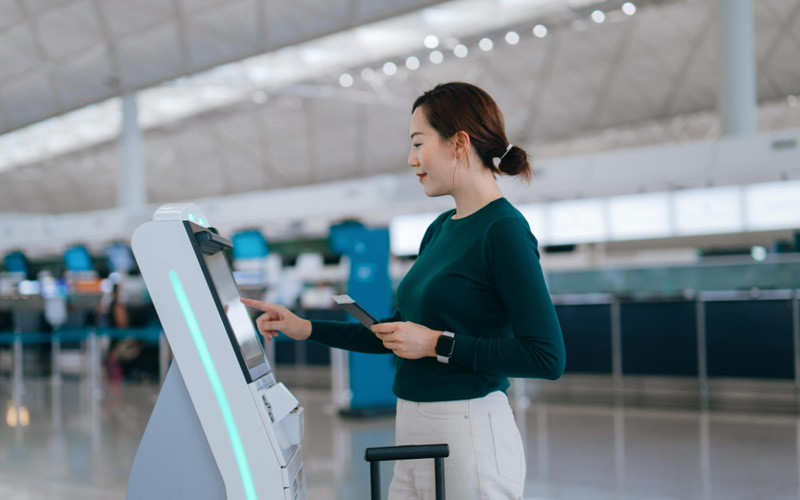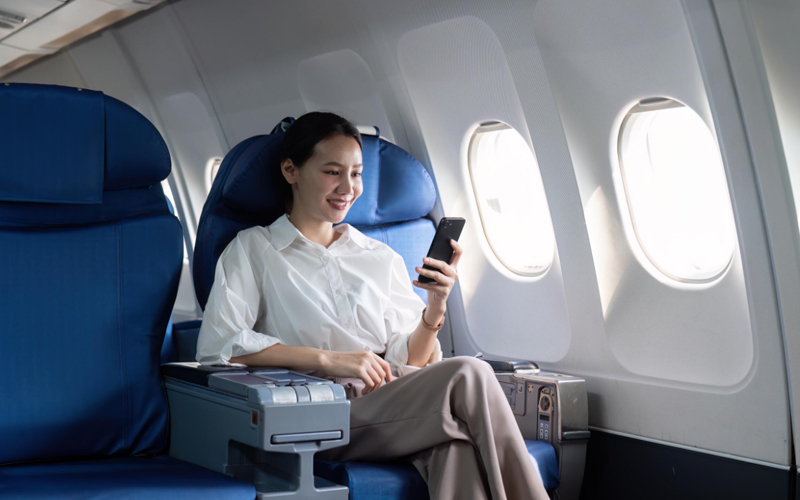Hospitality procurement is more than just purchasing – it underpins operational efficiency and guest satisfaction. From sourcing fresh produce for hotel kitchens and managing linen suppliers to enhancing guest experiences, procurement in the hospitality industry demands speed, precision, and strategic foresight. As competition in the travel and hospitality industry intensifies, businesses must treat procurement as a strategic function and focus on optimising it to stay competitive in the global market.
Understanding hospitality procurement
At its core, hospitality procurement involves sourcing the goods and services necessary to run hotels, restaurants, resorts, or any travel-related services efficiently. It has both operational and strategic implications, influencing cost control, service quality, and guest experiences. A typical procurement cycle in the hospitality industry begins with need assessment, followed by supplier selection and management, purchasing and logistics management, quality control, and performance review.
Understanding customer expectations, aligning purchases with brand standards, and fostering long-term supplier relationships are some of the core elements of procurement in the hospitality industry. Technology plays a central role, enabling real-time insights, process automation, and data-driven decision-making. It also facilitates continuous improvement, ensuring the procurement function remains agile, responsive, and aligned with evolving business goals.
Key challenges in hospitality procurement
The modern hospitality industry faces several challenges in procurement management that can impact profitability and guest satisfaction. Some of these key challenges include:
- Supply chain disruptions: Unpredictable demand patterns, unforeseen delays, and global logistics constraints often increased risk and costs in hospitality procurement.
- Quality consistency: Ensuring consistent quality standards across locations or vendors is complex and requires stringent oversight.
- Cost management: Rising input costs, inflation, and fluctuating currencies demand proactive spend planning for effective procurement in the global hospitality industry.
- Vendor management: Managing a potentially global network of suppliers while maintaining quality, cost, and delivery reliability is a delicate balancing act.
- Technology integration: Legacy systems and fragmented tools can hinder real-time data access and workflow efficiency in hospitality procurement.
- Sustainability concerns: Businesses must navigate the growing pressure to source ethically and reduce their carbon footprint.
- Risk and compliance: Maverick spending and inconsistent processes can expose businesses to compliance risks and inefficiencies.
Infosys BPM offers a comprehensive suite of solutions to help manage complex procurement processes across global travel and hospitality businesses. Its end-to-end travel and hospitality BPM solutions enable strategic procurement, analytics, partner management, compliance, and more, allowing businesses to overcome procurement challenges with agility and confidence.
Optimising procurement in the hospitality industry
To optimise procurement in the hospitality industry, organisations must go beyond cost savings and approach it as a critical driver for agility, brand consistency, and long-term profitability. A strategic approach – anchored in best practices – can help hospitality businesses navigate procurement complexity, build resilient supply chains, and stay ahead of guest expectations.
Build strong supplier partnerships
Develop long-term, collaborative relationships that promote transparency, shared goals, and supply chain resilience. This approach helps foster trust and improves negotiation outcomes.
Leverage digital solutions
Adopt cloud-based procurement tools, AI-driven analytics, and digital workflows for better demand forecasting, inventory control, and faster decision-making in hospitality procurement.
Standardise and consolidate orders
Where possible, limit product variations and centralise purchasing across locations to increase order volumes, secure better pricing, and streamline quality control.
Adopt cost-effective strategies
Adopt strategies like using the just-in-time (JIT) inventory model, monitoring supplier performance, and enforcing contract compliance to reduce wastage and improve profit margins.
Prioritise sustainability
Integrate ESG goals into your hospitality procurement strategy. Choose vendors committed to ethical sourcing, eco-friendly practices, and emission reduction.
Invest in workforce capabilities
Upskill procurement teams in data literacy, supplier relationship management, and tech adoption to stay ahead in a digital-first procurement ecosystem. Additionally, empower them through training in cost analysis, supplier scorecards, and strategic negotiation techniques to optimise procurement in the hospitality industry.
Ensure compliance
Develop clear procurement policies, monitor spend visibility, and leverage automation solutions to streamline audits to stay compliant and manage financial risks.
Drive continuous improvement
Use feedback mechanisms to understand ground realities from procurement teams and vendors to identify process efficiencies, revise procurement strategies, and foster innovation for continuous performance improvement.
Conclusion
Optimising procurement in the hospitality industry means tackling multiple priorities – cost, quality, speed, and sustainability – while keeping guest experiences at the heart of every decision. By adopting proactive sourcing strategies, fostering collaborative supplier relationships, and leveraging next-gen technologies, businesses can transform hospitality procurement from a support function into a source of competitive advantage. This future-ready approach can empower providers to adapt to market changes, enhance value delivery, and exceed guest expectations in an increasingly dynamic and demanding environment. Top of FormBottom of Form








